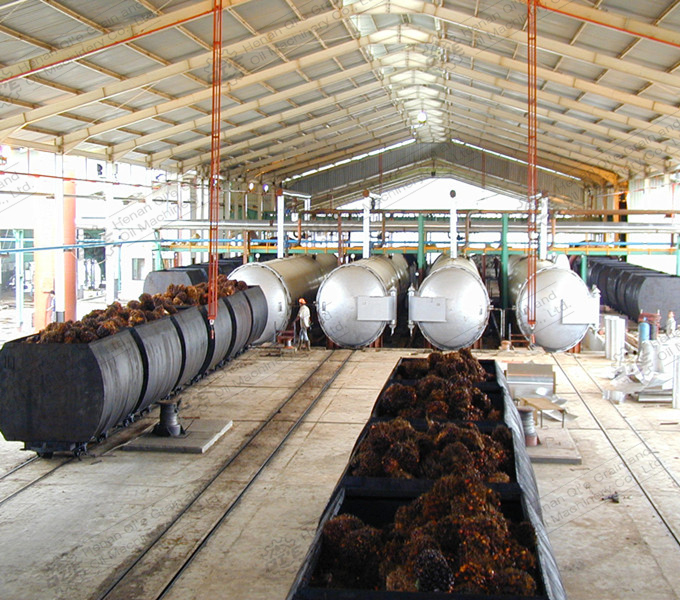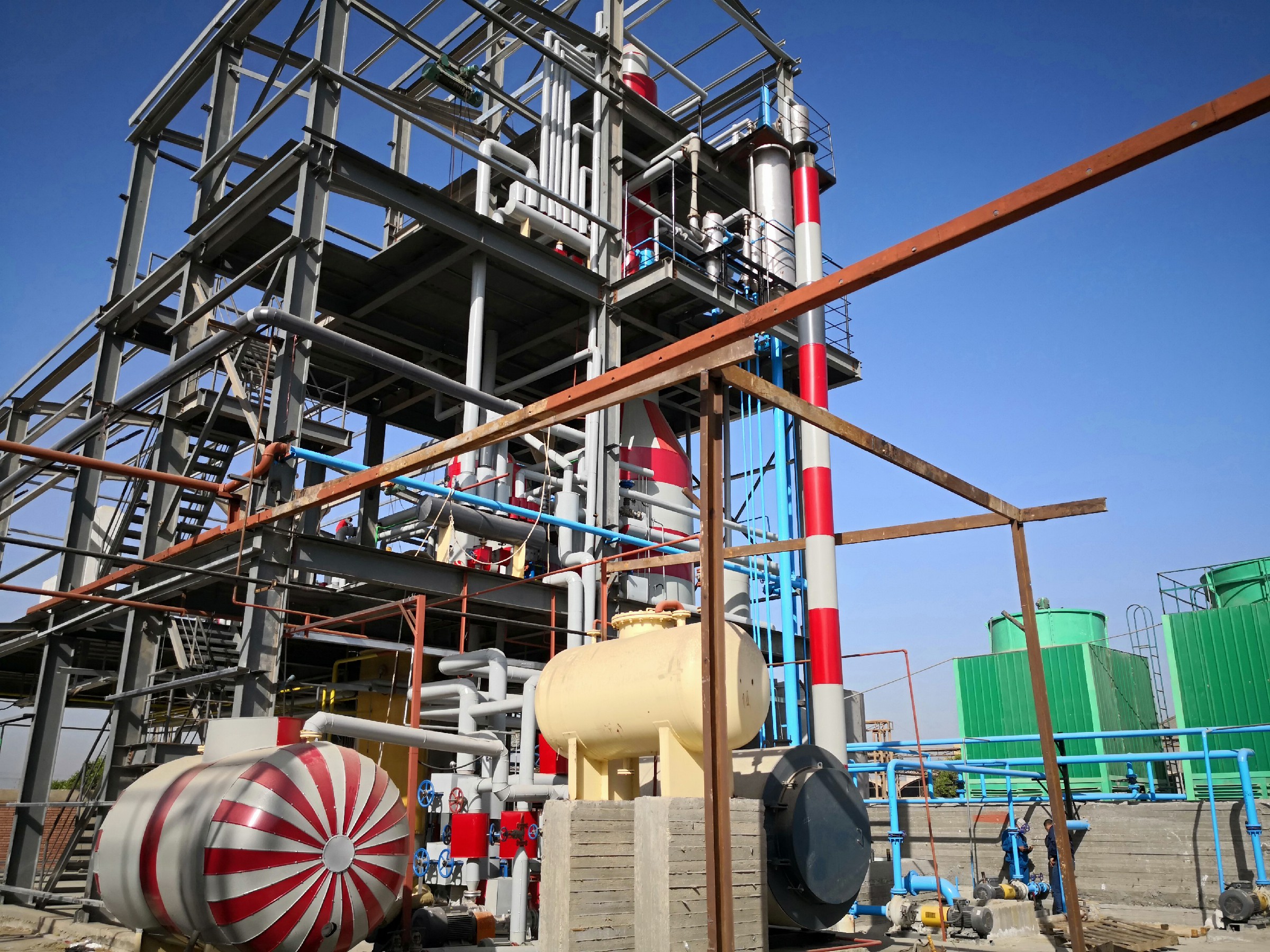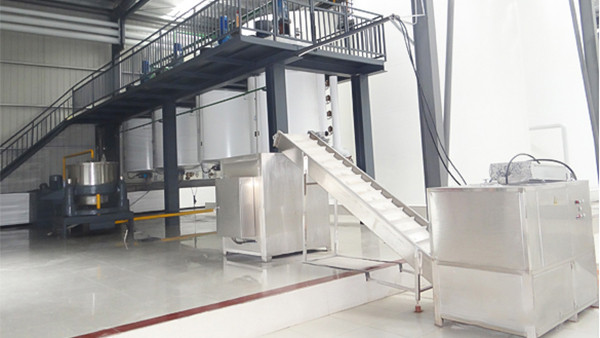
With the increasing global demand for palm oil, there is a pressing need for sustainable practices in palm oil production. This article explores the challenges faced in the palm oil industry and proposes solutions that promote environmentally friendly practices.
Despite its economic benefits, palm oil production is often associated with deforestation, loss of biodiversity, and greenhouse gas emissions. These issues not only threaten the environment but also jeopardize the livelihoods of local communities.
To address these challenges, several sustainable practices can be adopted:
Sustainable palm oil production not only benefits the environment but also supports global food security. By promoting responsible agriculture, we can maintain ecosystem balance and protect wildlife habitats.
Implementing sustainable practices can empower local communities through improved social and economic conditions. Engaging them in sustainable palm oil production can provide jobs and enhance local economies.

In conclusion, sustainable palm oil production is essential for balancing economic growth with environmental preservation. By adopting best practices, the palm oil industry can contribute positively to global sustainability efforts.

As stakeholders in the palm oil supply chain, it is essential that we work together to drive the transition to sustainable practices. This is not just about preserving our planet; it is also about ensuring a viable future for the palm oil industry and the communities that depend on it.





